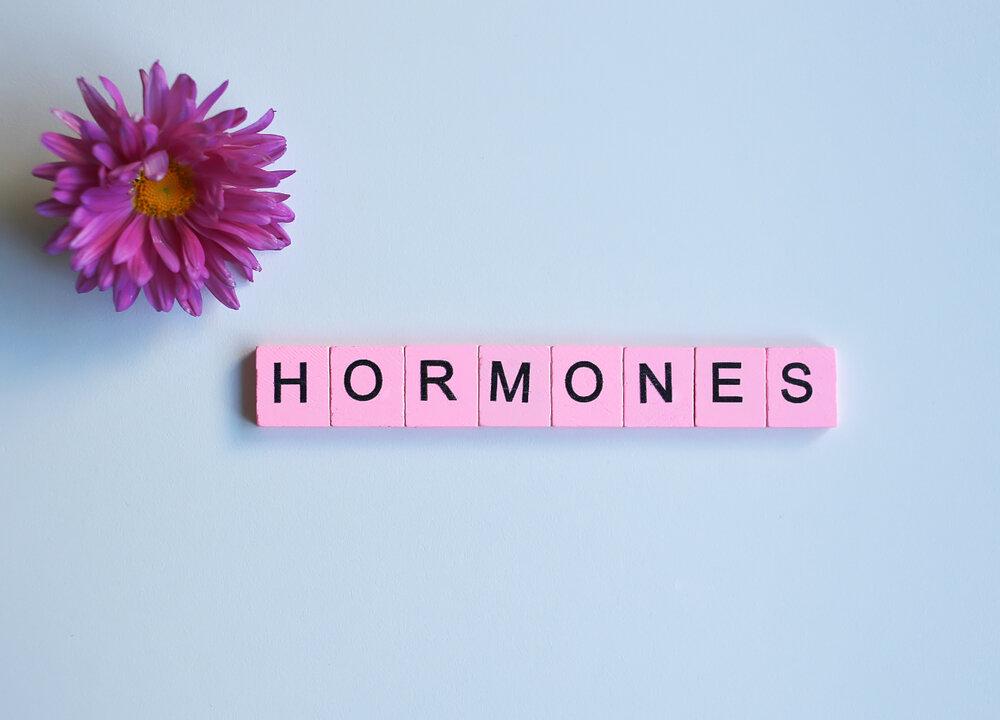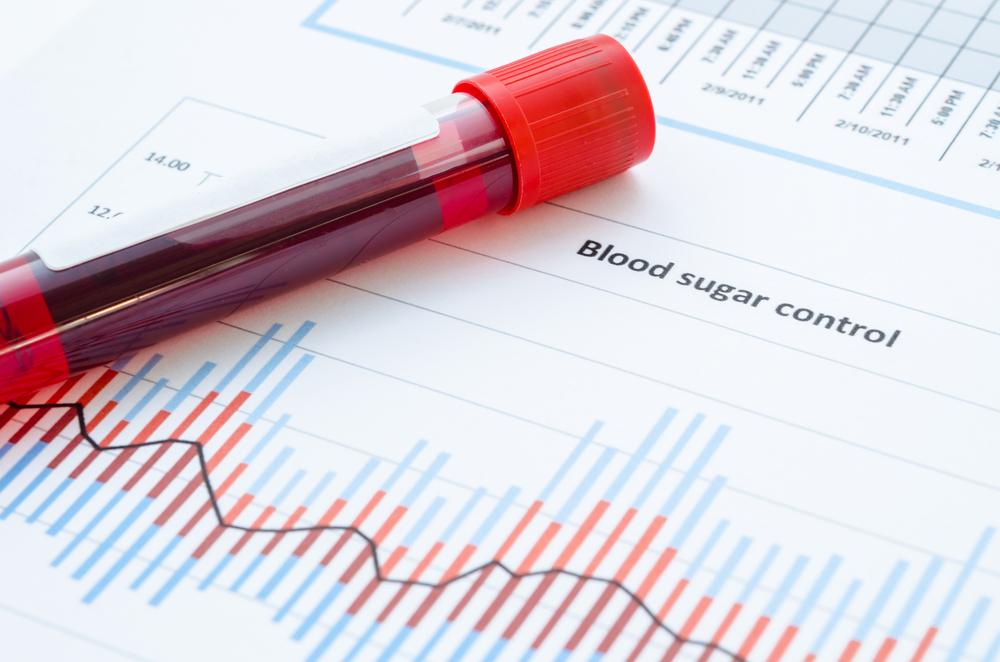Known as the “sunshine vitamin,” Vitamin D is crucial to keeping you healthy and feeling good. It is a fat-soluble vitamin that is naturally present in very few foods. Some of these include fish, fish liver oils, egg yolks, and fortified dairy and grain products.
Since it is found in very few foods, it is difficult to rely solely on diet to fulfill your body’s need for Vitamin D. It is also produced by the body in response to skin being exposed to sunlight. In short, when ultraviolet rays contact the skin, Vitamin D synthesis occurs. Depending on where you live or your particular job or lifestyle, Vitamin D production could be decreasing, or even absent, during certain months of the year. What’s even more interesting is that sunscreen, while extremely important in keeping us youthful and protecting our skin, can also decrease Vitamin D production.





